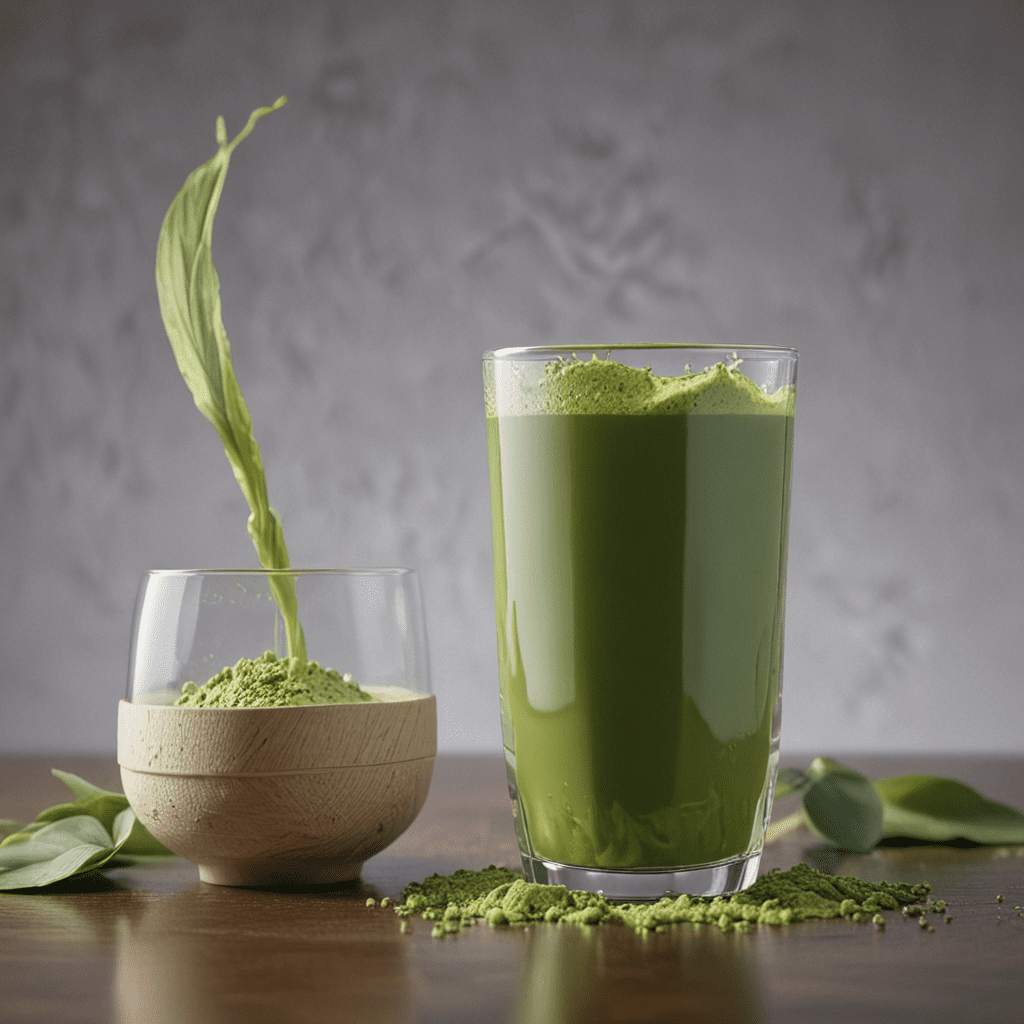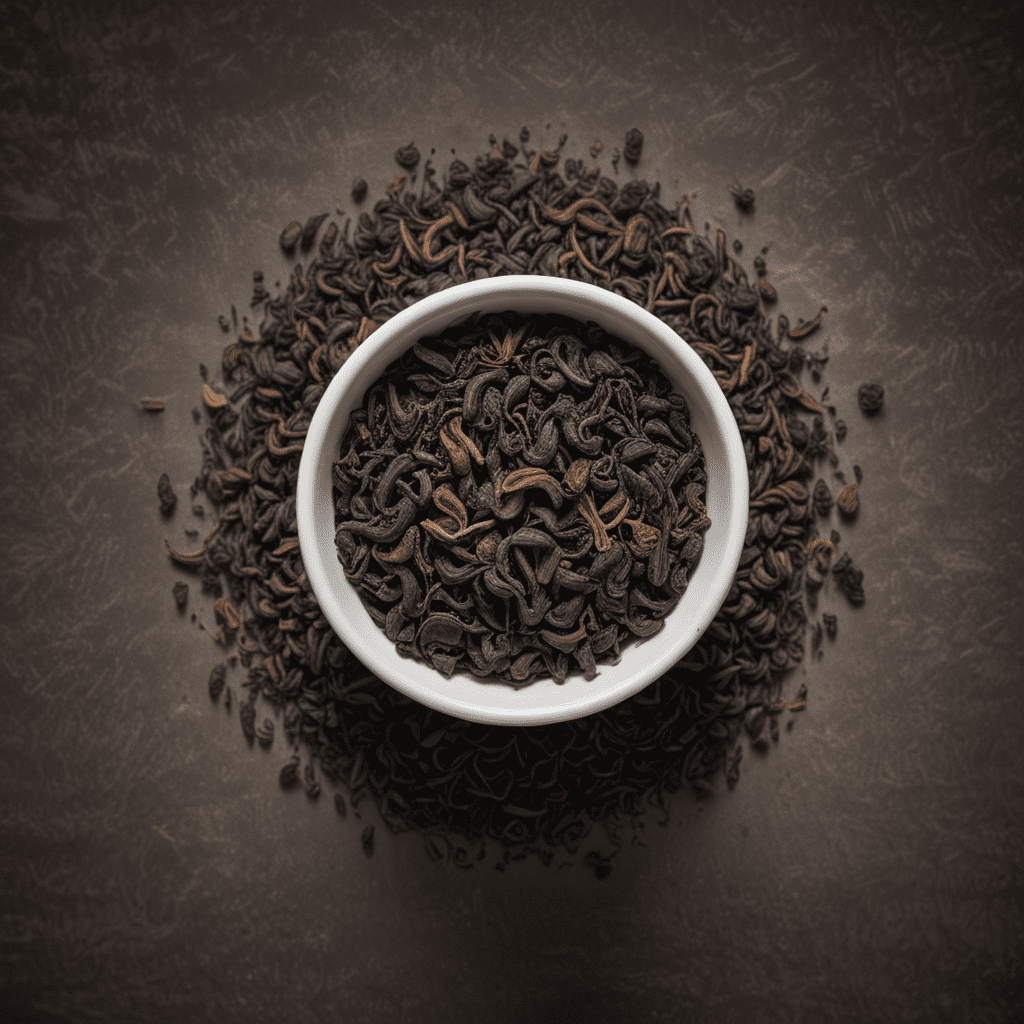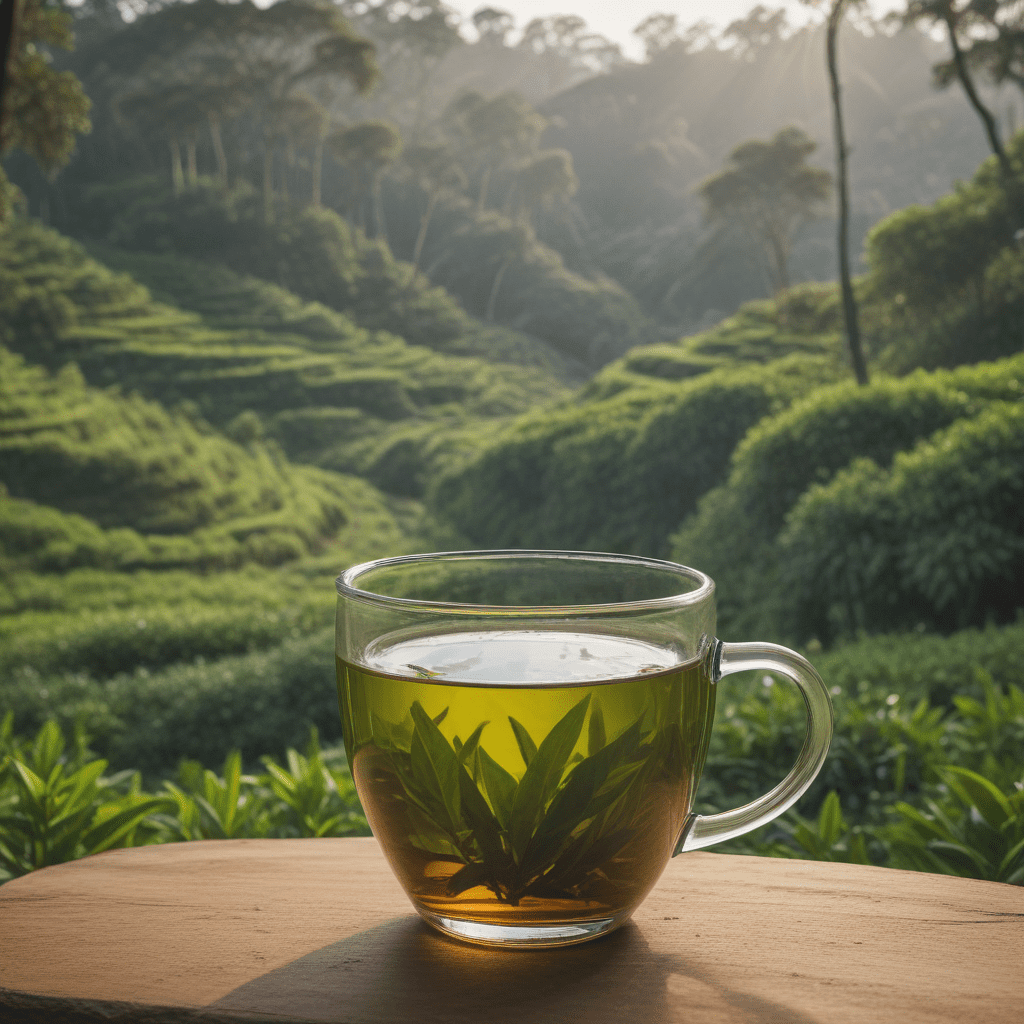
1. Introduction
Matcha, a vibrant green tea powder, has been an integral part of traditional Japanese tea ceremonies for centuries. This finely ground tea, made from the shade-grown leaves of the Camellia sinensis plant, has garnered significant attention in recent years due to its purported health benefits, including its potential anti-aging properties.
2. What is Matcha?
Matcha is produced by carefully cultivating tea plants under shade cloths for several weeks before harvest. This process increases the chlorophyll content of the leaves, resulting in their distinctive emerald-green color. After harvesting, the leaves are steamed, dried, and ground into a fine powder, which is then whisked with hot water to create a frothy, vibrant beverage.
3. Antioxidants in Matcha
Matcha is exceptionally rich in antioxidants, particularly catechins like epigallocatechin gallate (EGCG). These antioxidants help neutralize free radicals, unstable molecules that can damage cells and contribute to the aging process. EGCG has been shown to be particularly potent in protecting cells from oxidative stress, a major factor in aging.
4. Matcha and Cell Protection
The antioxidants in matcha have been found to protect cells from damage by inhibiting the production of reactive oxygen species (ROS), harmful molecules that can lead to cellular damage, inflammation, and age-related diseases. Studies have shown that matcha consumption can increase the activity of cellular antioxidant enzymes, enhancing the body's ability to combat oxidative stress and protect against cellular aging.
6. Matcha and Cognitive Function
Emerging research suggests that matcha's antioxidants may also play a role in protecting cognitive function and preventing age-related cognitive decline. Studies have linked matcha consumption to improved memory, attention, and verbal fluency. Additionally, its high concentration of L-theanine, an amino acid with calming effects, may support relaxation and reduce stress, which can have beneficial effects on cognitive performance.
7. Matcha and Chronic Diseases
Chronic diseases, such as heart disease, cancer, and neurodegenerative disorders, are major contributing factors to aging. Several studies have demonstrated that the antioxidants and other bioactive compounds in matcha may offer protection against these diseases. Matcha consumption has been associated with reduced risk of cardiovascular disease, certain types of cancer, and cognitive decline.
8. Matcha and Inflammation
Chronic inflammation is a significant driver of aging and age-related diseases. Matcha's anti-inflammatory properties may help combat inflammation throughout the body. Studies have shown that matcha consumption can suppress the production of inflammatory markers and improve inflammatory responses, contributing to overall well-being and potentially slowing down the aging process.
9. Incorporating Matcha into Your Diet
Incorporating matcha into your diet is relatively straightforward. You can whisk matcha powder into hot water to create a traditional matcha tea or add it to smoothies, shakes, or baked goods. Matcha powder is also available in capsule form for those who prefer a more concentrated supplement.
10. Conclusion: The Anti-Aging Potential of Matcha
While further research is needed to fully understand the long-term anti-aging effects of matcha, the current body of evidence suggests that this green tea powder holds promise as a natural anti-aging agent. Its high antioxidant content, cell-protective properties, and potential benefits for cognitive function, chronic diseases, and inflammation make matcha a valuable addition to a healthy diet.
FAQ
Q: How much matcha should I consume daily for anti-aging benefits?
A: The recommended daily intake of matcha for anti-aging benefits varies, but most experts suggest consuming 1-2 cups of matcha tea or taking 1-2 grams of matcha powder in capsule form.
Q: Is matcha safe for everyone?
A: While matcha is generally safe for most people, it's essential to consult with a healthcare professional before consuming large amounts, especially if you have any underlying health conditions.
Q: Can I drink matcha every day?
A: Yes, you can drink matcha every day as part of a healthy diet. However, it's important to be mindful of your caffeine intake, as matcha contains a moderate amount of caffeine.

